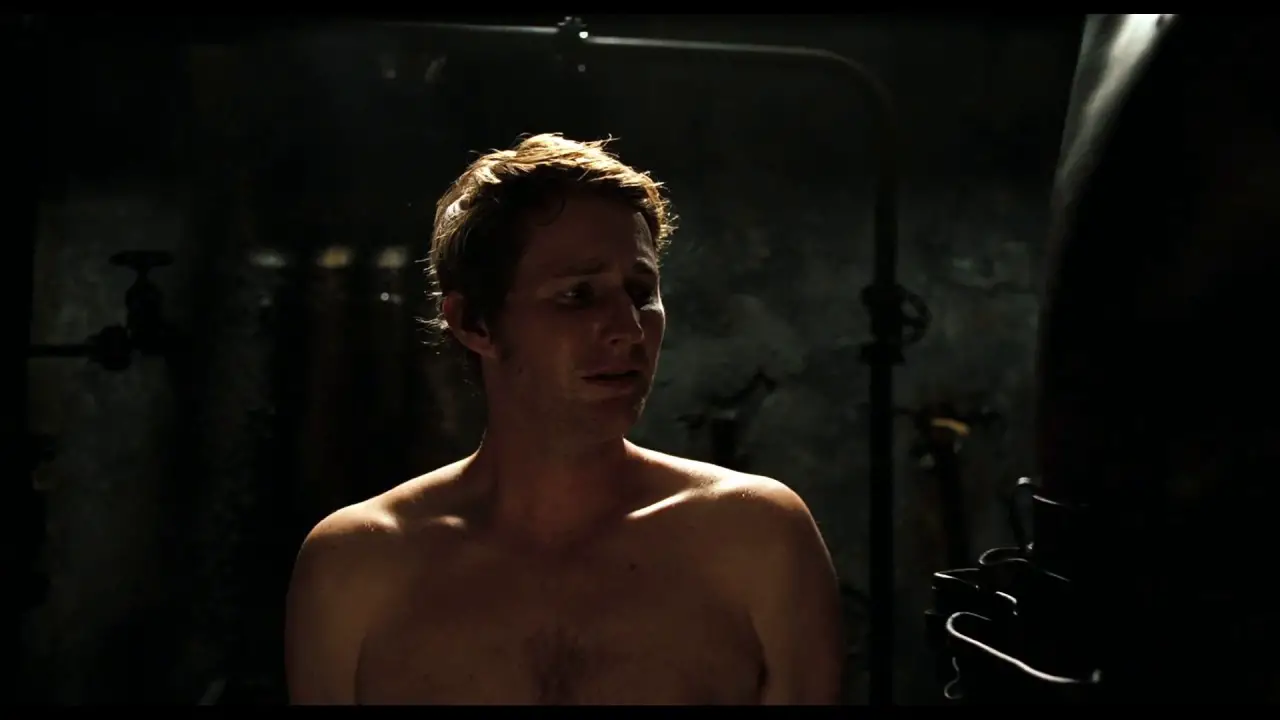Why Hostel shouldn’t be dismissed as just ‘torture porn’

A 2006 New York Magazine article notably coined the term ‘torture porn’. It referenced films like Saw, Hostel, and The Devil’s Rejects. I won’t name them, but there are horror films that solely rely on torture for shock value and deliver no commentary. But, Hostel isn’t one of those films. Gore and violence many would consider gratuitous has always been a part of the horror genre. You can trace it back to classics like Night of the Living Dead. Because of various constraints, filmmakers had to think of really creative ways to imply that gore. For example, there’s the classic meat hook shot in The Texas Chain Saw Massacre.
Saw and Hostel were both released in the early 2000s. These films showed more onscreen gore than what was customary previous to their respective releases. I believe you would have seen more explicit onscreen carnage if horror films in the ’70s were given some of the freedom that early ’00s horror flicks were. It’s condescending to Eli Roth’s film to just think of it as pointless torture. Roth was inspired to make the film after being sent a link to a site that said if you paid $10,000, you could travel to Thailand, go into a room, and shoot somebody in the head. Apparently, the victims understood the circumstances and many of them did it because their families would be well compensated. It’s not hard to believe that a site promoting that existed because as the film shows, there are people around the world who essentially get off on inflicting violence due to a sick, masochistic sense of control.
Hostel is a critique of how American male tourists operate in foreign countries. Roth isn’t trying to depict this group of men as likable. In fact, it’s quite the opposite. They’re ignorant, xenophobic, homophobic, misogynists. The film shows how deeply entitled American travelers are. It’s quite telling that one of the early scenes of the movie shows these men at the Red-light District gawking at sex workers. Paxton and Óli sleep with different prostitutes, except Josh, who struggles with his own sexuality throughout the film. These men speak about Europeans like they’re all moronic scum, which is ironic coming from a bunch of morons. It speaks volumes to how horny these men are that they don’t even question the legitimacy of the Slovakian hostel or who told them about it.
Films like Scream establish Sydney and secondary characters as likable. But, Roth isn’t trying to get you to root for them or even really empathize with them in. The slight exception is Josh, who is really just traveling in Europe because Paxton is his friend. Although Óli is the first to die, Josh’s death is the most brutal and tragic overall. He was nowhere near as terrible as his friends, but he was complicit in their behavior. The deaths and torture in this film serve as brutal repercussion for characters’ disgusting toxic behaviors.
I’m most terrified by the scene where an American client questions Paxton, who he thinks is a part of the hunting club. The client feels a masochistic rush, which is somewhat similar to Paxton’s excitement in having sex with women in Amsterdam. The client asks Paxton who he went for. “A local?” This is eerie because it feels like he’s talking about prostitution, but really it’s about torture. Roth is drawing comparisons between how people exploit others for sex and how in this case, the rich exploit the less fortunate for torturous pleasure. This is evident when the client says he’s slept with women all over the world and he’s forgotten many of their names. He holds up his gun and explains this is something he’ll never forget. The client’s enthusiasm and inquisitiveness is so hard to watch, but that’s what makes this scene so memorable.
It’s darkly satirical that Paxton needed to endure torture to learn to be a slightly more respectful person. The through line in Roth’s films such as Cabin Fever, Hostel, and Thanksgiving is that terrible people meet sadistic consequences. Horror viewers are accustomed to hoping the character escapes the killer, but Roth subverts that by saying they had it coming.
Be sure to follow us on social media: Twitter andFacebook.
Post Views:
2






